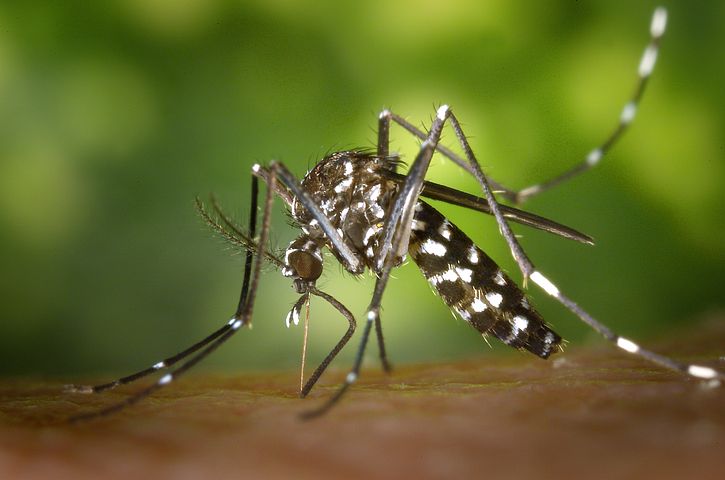The City of Greater Geelong’s mosquito management program has begun, with a focus on ground control programs around townships as the City seeks a 10-year permit to continue its aerial and ground treatments in Ramsar listed wetlands.
A permit from the Commonwealth Government is required under the Environment Protection Biodiversity Conservation Act 1999 to conduct the treatments on wetlands that are designated to be of international importance under the Ramsar convention.
Director of City Services, Guy Wilson-Browne, said the City has submitted a detailed application seeking approval to conduct treatments in Ramsar listed wetlands at Port Phillip Bay and the Bellarine Peninsula.
“Treatments on these wetlands can only start when the Commonwealth Government grants approval and we are continuing to work through this rigorous process,” Mr Wilson-Browne said.
“It is regrettable that we are unlikely to be permitted to conduct aerial and ground treatments on these wetlands this year and we acknowledge that mosquito treatment overall will be less effective than in previous years.”
Mr Wilson-Browne said the City was doing everything it could within the legislative requirements to minimise pest and public health risks from mosquitoes.
“The permits required in our municipality are more stringent than in other parts of Australia because our wetlands are so precious,” Mr Wilson-Browne said.
“These are environmentally-significant, internationally-protected wetlands so it’s imperative that we receive the relevant approvals and get the process right.”
The City is the only municipality in Victoria to conduct aerial treatments of mosquitos. The program involves the application of pellets and does not include spraying.
Mosquito Management Officers are continuing ground treatments across the region outside of the Ramsar list wetlands.
The program only uses products that are approved by the Australia Pesticides and Veterinary Medicines Authority for mosquito control around populated areas. These products are Bacillus Thuringiensis Israelensis (Bti) and s-Methoprene.
“We follow stringent safety precautions, we don’t broad based pesticides, and we only use products approved for use in Australia,” Mr Wilson-Browne said.
Officers have completed ground larvicide monitoring at more than 50 sites across the Geelong region since July 2021. Larvicide treatments have been applied at 14 locations including Corio, Connewarre, Geelong Botanic Gardens, Lara, Point Lonsdale, St Leonards, and Wallington.
“Officers are monitoring mosquito larvae levels in known breeding sites and applying larvicide treatments when larvae levels are high.”
Mr Wilson-Browne said this mosquito season may see higher numbers than previous years depending on weather conditions, and it’s important that community members work with the City to protect themselves and their homes appropriately.
“We ask that everyone helps to manage mosquito populations by following steps to maintain their properties and reduce opportunities for mosquito breeding,” Mr Wilson-Browne said.
While the City is working hard to safely reduce their numbers, mosquitoes are natural part of the ecosystem and it’s not possible to eliminate all mosquitos.
How you can help protect against mosquitoes:
- Empty containers that may hold water, including old tyres, buckets, tins and rubbish bins
- Empty bird baths and pet water dishes on a weekly basis
- Put sand around the bases of pot plants to absorb excess water
- Keep roof gutters in good repair and remove leaves and debris so pools of water do not form
- Mend leaking taps
- Install flywire screens on all windows and self-closing wire screens on doors.
More information on mosquito management is available on our website.


